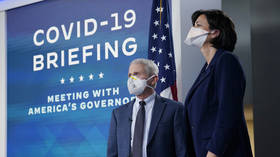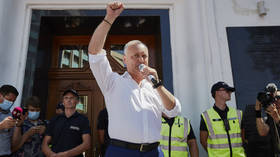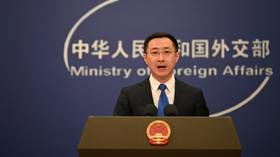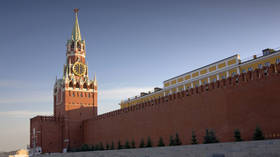WHO updates Covid-19 booster advisory
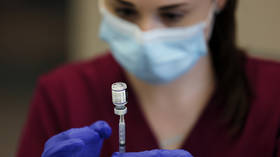
The Strategic Advisory Group of Experts (SAGE) on Immunization has issued a recommendation regarding Covid-19 booster shots on Thursday, saying that only specific groups of people should be offered a second jab after their initial vaccination and one booster dose.
Speaking during a virtual WHO press conference on the issue of vaccines, SAGE chairman Alejandro Cravioto said that the organization’s recommendation “does not constitute a general recommendation of vaccinating all adults after the first booster.”
Cravioto explained that the advisory is only meant for populations at “the highest risk.” The WHO already recommends that all adults receive a Covid-19 vaccine – most of which consist of two doses – as well as a follow-up booster shot four to six months later.
Second boosters, says SAGE, should first and foremost be offered to the elderly and all immunocompromised people, as well as pregnant women and those with conditions like diabetes, hypertension and cardiac, lung and kidney disease.
“The recommendation aims to control the pandemic and mortality among high-risk populations, but it is not a general recommendation to vaccinate the entire population after the first booster administration, as described in the roadmap,” explained Cravioto.
SAGE’s experts noted that the current booster recommendations are only meant for the vaccines that are currently available, which were designed to tackle the initial Covid-19 strain. The advisory group stated that they do not know how exactly the novel coronavirus could evolve in the near future or what kind of characteristics future variants could obtain, suggesting that additional doses may be needed “within 4-12 months after the second booster, especially in persons most vulnerable to severe disease and death.”
